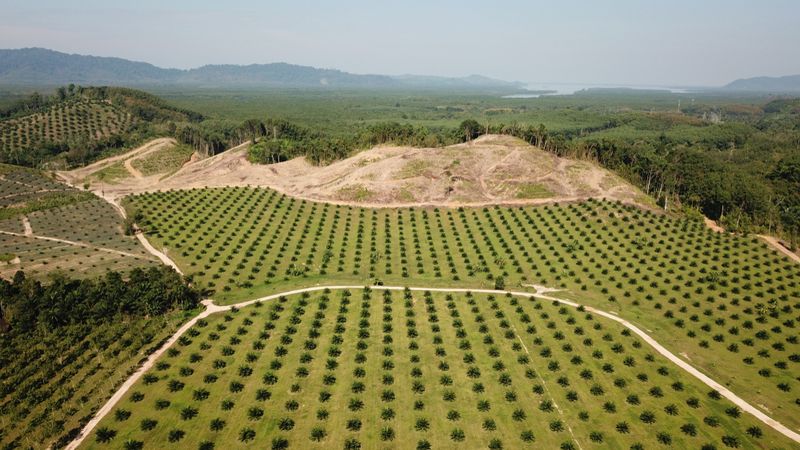Earlier on Wednesday, Mr Fadillah said on Facebook: “We have suggested that (the EU) hold discussions through either a task force or a dialogue involving producing countries, industry players, representatives of non-governmental organisations (NGOs) and smallholders so that there will be clarity in terms of established guidelines and so that it will not exclude any party, especially smallholders.”
“(A majority of) the EU top leadership that we met … agreed (to hold discussions) … It’s just that they need to discuss internally on how to get commitment from the EU itself.”
Mr Fadillah said that the five meetings in Brussels were held with five top EU leaders.
He added that members of the EU’s top leadership will visit Malaysia and Indonesia to interact with all parties involved.
Follow-up discussions to what has been discussed and agreed upon will also be held between EU leaders with the Malaysian and Indonesian ambassadors, said Mr Fadillah.
“They listened to our thoughts regarding compliance with the EUDR and our dissatisfaction that we were not involved in the process when they wanted to enact the EUDR. They are also aware that there has been discrimination or actions that can be called unilateral which affect smallholders,” said Mr Fadillah.
The joint trade mission came after the two ministers met in Jakarta earlier this year and agreed to conduct a mission to the EU.
In recent years, the EU has imposed rules to regulate palm oil imports, noting that the cultivation of such crops results in excessive deforestation. This has drawn the ire of top producers Indonesia and Malaysia who account for 56 per cent and 31 per cent of global palm oil production respectively.
The EUDR makes it an obligation for companies to ensure that commodities sold in the EU do not come from deforested land. It affects seven specific commodities – namely palm oil, cocoa, coffee, soy, wood, rubber and cattle – and products made from these commodities as well as their derivates.
A separate statement earlier on Tuesday issued by Indonesia’s Secretary of the Coordinating Ministry for Economic Affairs, Susiwijono Moegiarso, stated that the EUDR undermines Indonesia’s efforts to resolve issues related to climate change and biodiversity protection.
According to the statement, Mr Hartarto, the coordinating minister, said on Tuesday that member countries of the Council Of Palm Oil Producing Countries (CPOPC) have strictly implemented various policies in the field of forest conservation.
“Even the level of deforestation in Indonesia fell by 75 per cent in the 2019 to 2020 period. Indonesia has also successfully reduced the area affected by forest fires to 91.84 per cent.”
He also said that national sustainability standards owned by Indonesia and Malaysia through the Indonesia Sustainable Palm Oil (ISPO) and Malaysian Sustainable Palm Oil (MSPO) need to be recognized. He called for the EUDR to give way to palm oil products that are ISPO or MSPO certified.
“The role of the (palm oil) industry is very important. Let’s together promote palm oil positively in line with the efforts and commitments that have been made so far,” said Mr Hartarto.




